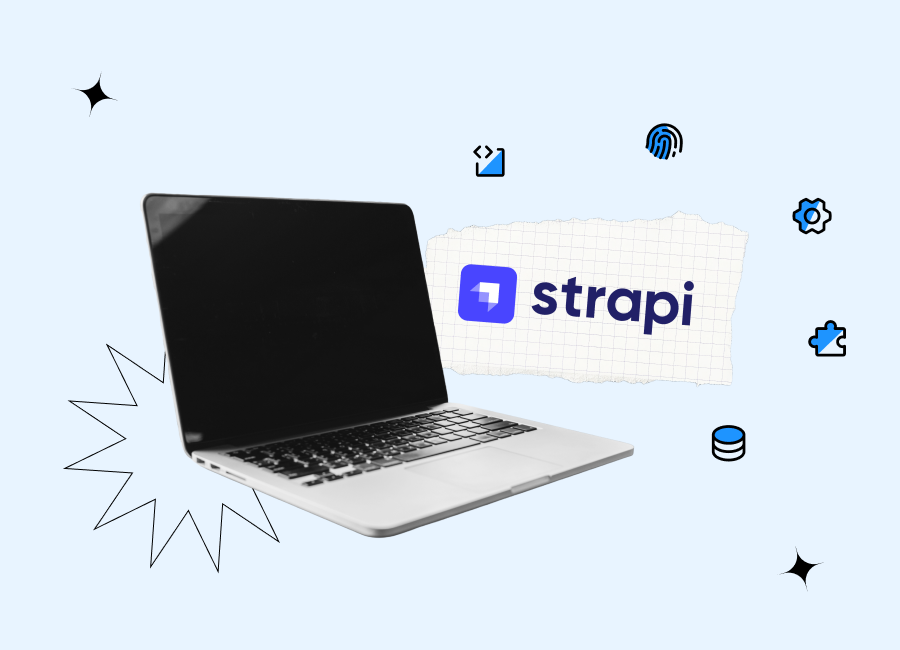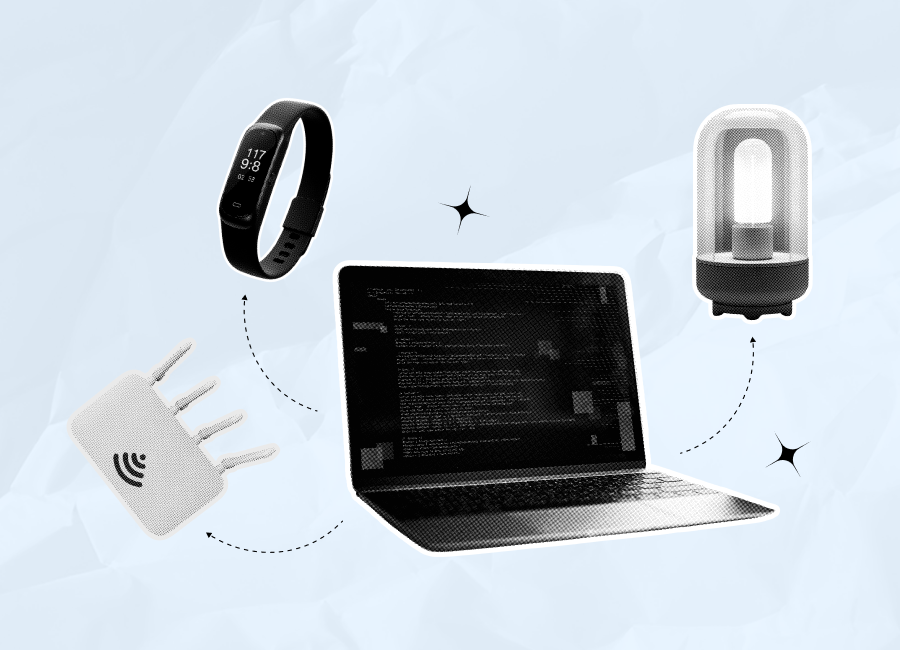Do you even remember the last time you called a hotel to book a room or visited a ticket office when you were planning a vacation? Probably it was rather long ago. Today all these tasks can be solved much more quickly, in just a couple of minutes. You don’t need to waste your time waiting for a receptionist to answer your call or to stand in a line trying to buy flight tickets at a reasonable price. Thanks to booking app development, everything about planning travel has changed.
In general, the category we’re calling online booking applications unites a wide range of apps built for different industries. However, they all have very similar core functionality: they allow users to use modern technologies to choose, reserve and even pay for some products or services in advance. In this article, we’ll share all the basics you need to know to create a booking app.
Given that there are a lot of types of online booking apps, it’s challenging to provide statistics that prove the growing demand. However, the data from various sectors demonstrates this well. For example, in 2022, the appointment scheduling software market was valued at $393.4 million, and it’s expected to grow to more than $993 million by 2032. The global software market size for airline reservations hit $5.2 billion in 2022, and experts believe that will rise to about $10.4 billion by 2032.
Looking at these impressive figures, we can conclude that this is a promising time to build an online booking app. Customers today prefer online reservations to phone calls or visits to traditional travel offices and stores. That’s why launching an online booking solution may have a very positive impact on your clients’ loyalty and satisfaction.
Types of online booking applications
To make a booking app, you’ll need to first define the exact type of your future solution. Many industries need online booking systems, which explains the great variety of such solutions available today.
These can be divided into two main groups: on-demand and in-advance booking apps.

On-demand services:
- Delivery services. Often such applications are designed to help users order food and drinks from cafes and restaurants and get them delivered directly to their door. There are also solutions of this kind for ordering flowers, gifts, groceries or many other items.
- Ride-hailing and taxi services. The best-known app of this type is Uber. These applications allow people to quickly order a car and track its movement on the map.
- Home, cleaning, and laundry services. These solutions help users order services related to household tasks. They allow users to schedule these services and pay for them online.
In-advance booking:
- Tickets. These apps help users to find interesting events, choose comfortable seats, pay for tickets, and get an electronic version of the ticket.
- Hotels. These solutions help users easily compare options and opt for accommodations that best satisfy their requirements.
- Traveling. Users planning journeys can do everything online, including all tasks related to creating routes and buying tickets. Most airlines, railways and bus companies have launched online booking applications.
- Beauty. Today, more and more wellness, spa, and beauty shops offer clients the opportunity to make appointments online. As a result, they save time that used to be spent talking to clients by phone.
- Healthcare. A lot of medical centers and clinics also use apps with an online booking system to help optimize workflow.
- Restaurants. Thanks to booking apps, you can reserve a table for a romantic dinner or a family evening at your favorite restaurant in just a few clicks.
Are you looking for an outstanding development team?
With our expertise in making booking apps for various business domains, we’re sure we’ll be an excellent IT partner for you.
Key features of an online booking app
The functionality of your software solution should reflect the peculiarities of your business and provide your clients with new ways to interact with your services and products. That’s why we recommend you carefully choose the features of your applications and ensure the software is flexible and scalable enough to be expanded with new features in the future.
Below is a list of core elements, sections, and tools typically built for such applications, regardless of the industry.
- User registration. This process should be quick and simple. You can allow users to sign up via their social media accounts to streamline the procedure.
- Search system. You can make it filter-based to allow users to find the required events/services/doctors/etc. in a couple of seconds.
- Booking mechanism. That’s the core functionality of your app. It should let people choose the required product or service, as well as the date, and add comments. There also should be tools for canceling a booking.
- Push notifications. Your app should send reminders before the event or appointment. Users should be allowed to adjust notifications to their needs. For example, while some people want to be notified when any new events or special offers are added, others may find such notifications irritating.
- Customer support. Users should have the functionality to contact a support team in case of any questions regarding the booking process, payments, or related issues.
- Payments. Given modern standards, it’s important to make it possible to pay for services or products directly in the app.
If you’re not sure what features should be created for your application, you can discuss all your concerns and doubts with your booking app development team. Tech experts will share their vision and offer their solutions for meeting your requirements.
How to create a booking app
If you have decided to make a booking app, you’ll need a clear plan to organize the app development process. Of course, approaches to building software products differ. But over years of work in this field, our team has refined our work processes in such a way that our cooperation with customers becomes a win-win game for both parties. We pay a lot of attention to analyzing our customers’ ideas and business conditions, to make sure we clearly understand all the set requirements. And our clients can be confident that the final result will fully meet their expectations.
What are the steps involved in booking-app development?
Step 1: Concept and market analysis
You need to define what kind of solution you want to build and what will make it unique. It is important to conduct market research, look closely at the products offered by your rivals, and analyze their weaknesses and strengths.
Step 2: Requirements elaboration
Based on your ideas, you’ll need to prepare the requirements for the development team. The more detailed the information you prepare, the better the results you can expect. A good development team will always start its work with carefully considering the requirements.
Step 3: Design and development
The process of designing an app often starts with wireframes and prototypes that help designers demonstrate their vision and ideas. In booking app development, it is crucial to make your solutions not only visually attractive but also easy to use. As for development, we usually advise our customers to start with building an MVP—a minimum viable product. This is a good way to test your idea before investing money in a full-scale app.
Step 4: Testing
The development team needs to conduct a series of manual and automated tests (some performed in parallel with development) to detect and fix all the bugs. As a rule, after all changes are made, regression testing takes place. This helps make sure everything works as it is supposed to after all the updates.
Step 5: Release
When everything is ready, the app can be launched. If you want your application to be published in major app stores, your solution should meet all the set requirements.
Step 6: Post-launch support and maintenance
We recommend you monitor not only the technical performance of your app to ensure its security and excellent work but also pay attention to what users think about your solution. Their opinions can be an excellent source of information for improving your app.
Booking-app development tech stack
Every software product is unique, which means there can’t be any “one-size-fits-all” approaches, solutions, or tools. That’s why the exact tech stack will be chosen based on the peculiarities of your idea, the goals that you want to achieve with your product, and the functionality that you want to make available to users.
Below is a list of technologies and tools often used to build an online booking system.
- Programming language: Java, Kotlin (for Android solutions), Objective-C, Swift (for iOS apps), Flutter, Xamarin, React Native (for cross-platform software products)
- Backend development: PHP, Python
- UI/UX design: Jetpack Compose, Android UI (Android), SwiftUI, UIKit (iOS), Figma (cross-platform development)
- Maps API: Google Maps API, OpenStreetMap API, Mapbox API
- Push notifications: OneSignal, Pusher
- Feedback functionality: Twilio
- Payment gateways: Paypal, Stripe, Klarna, Square
- Calendar: Zoho, Google Calendar
Challenges in building online booking applications
Booking-app development typically involves dealing with a series of challenges, like any other software solution. It’s helpful to be aware of them in advance.

- Integration with third-party services. By integrating third-party solutions, you can get access to huge volumes of required data and functionality and avoid having to build all the features from scratch, thereby saving time and money. With an online booking app, you may need to integrate payment services, maps, calendars, and social network connectivity. The key challenges here may be related to the technical complexity of all the desired integrations. However, good developers will always find the most reasonable solution.
- Privacy and security. Online booking apps deal with sensitive user information, which means that developers should pay close attention to how this data will be protected. The most powerful and commonly used tools are end-to-end data encryption and two-factor authentication.
- Compatibility with devices of different models and types. There are a lot of smartphone and tablet models today, and it’s a task of the development team to make the solution compatible with all the possible models, regardless of the shapes and sizes of their displays. The biggest challenge is making it comfortable to use such apps on smartphones with foldable screens.
How much does it cost to make a booking app?
When planning to create a booking app, you’ll need to sensibly allocate your budget to avoid unpleasant situations and the possibility of hitting your budget limit with an unfinished or frozen project.
It’s impossible to offer precise figures without knowing your idea and project requirements. That’s why, when you establish cooperation with a development company, the team will analyze all the details and provide you with project estimates.
What factors will affect the cost?
- Number of desired features;
- Complexity of integrations;
- Chosen tech stack;
- Size of the development team working on the project.
Booking-app development trends
Recent progress in the tech world allows developers to create more advanced and feature-rich solutions. When it comes to on-demand and in-advance booking apps, we’re observing the following trends.
- Hyperpersonalization. AI and ML-powered tools help to better understand the interests, preferences, and requirements of each user. As a result, your online booking app can provide people with recommendations and special offers that will be fully tailored to their needs.
- VR and AR. In gaming, to give one example, VR and AR are not a new trend. But their implementation in many business domains started comparatively recently. VR tools are widely used for building solutions for the travel and hospitality industry. VR can be used for displaying hotel rooms, apartments, resorts, and other locations.
- Crypto payments. Most modern apps for making bookings offer users the possibility to conduct online payments. But now the task is to create a booking app that makes these financial transactions as convenient as possible. That’s why businesses try to offer various payment methods, including the possibility of conducting transactions using crypto assets.
Our expertise in booking-app development
Our team has experience in cooperating with customers who represent completely different industries. That’s why, over the years of our work, we’ve managed to accumulate rich knowledge in a lot of domains. In our portfolio, there are projects of various types, including online booking applications such as an official airline mobile app.

When we joined the project as a custom mobile app development company, a first version of the application already existed. Our task was to enrich it with numerous features and provide after-launch support services. Our developers managed to enhance the functionality for finding flights and booking tickets. Moreover, we significantly improved booking management tools.
In our work on this online booking system, we had to conduct a series of integrations. For example, we were asked to make it possible for users to conduct payments via PayPal, Google Pay, and UnionPay, as well as with the help of payment cards and Internet banking. We also created an exclusive payment system for this app. It allows users to book tickets in advance via the application and pay for them later at any bank branch.
The created app is now being actively used by the clients of this airline and has become the No.1 app for buying airline tickets in Asia. The number of regular users of this app has reached several million, a sign that the solution fully meets the ongoing market demands and requirements.
Final thoughts
Competition in the market of online booking apps is rather high, but this competition is one of the main catalysts for progress in this sphere. The standards are high. That’s why, if you want to create a booking app, you’ll need to make it unique and convenient to use. It should help users facilitate everyday tasks and not introduce new problems.
If you are looking for real professionals who will make a booking app for you, just contact us. At Cogniteq, we are always open to fresh ideas and are ready to help you bring your booking app development project to reality, regardless of its complexity.










































